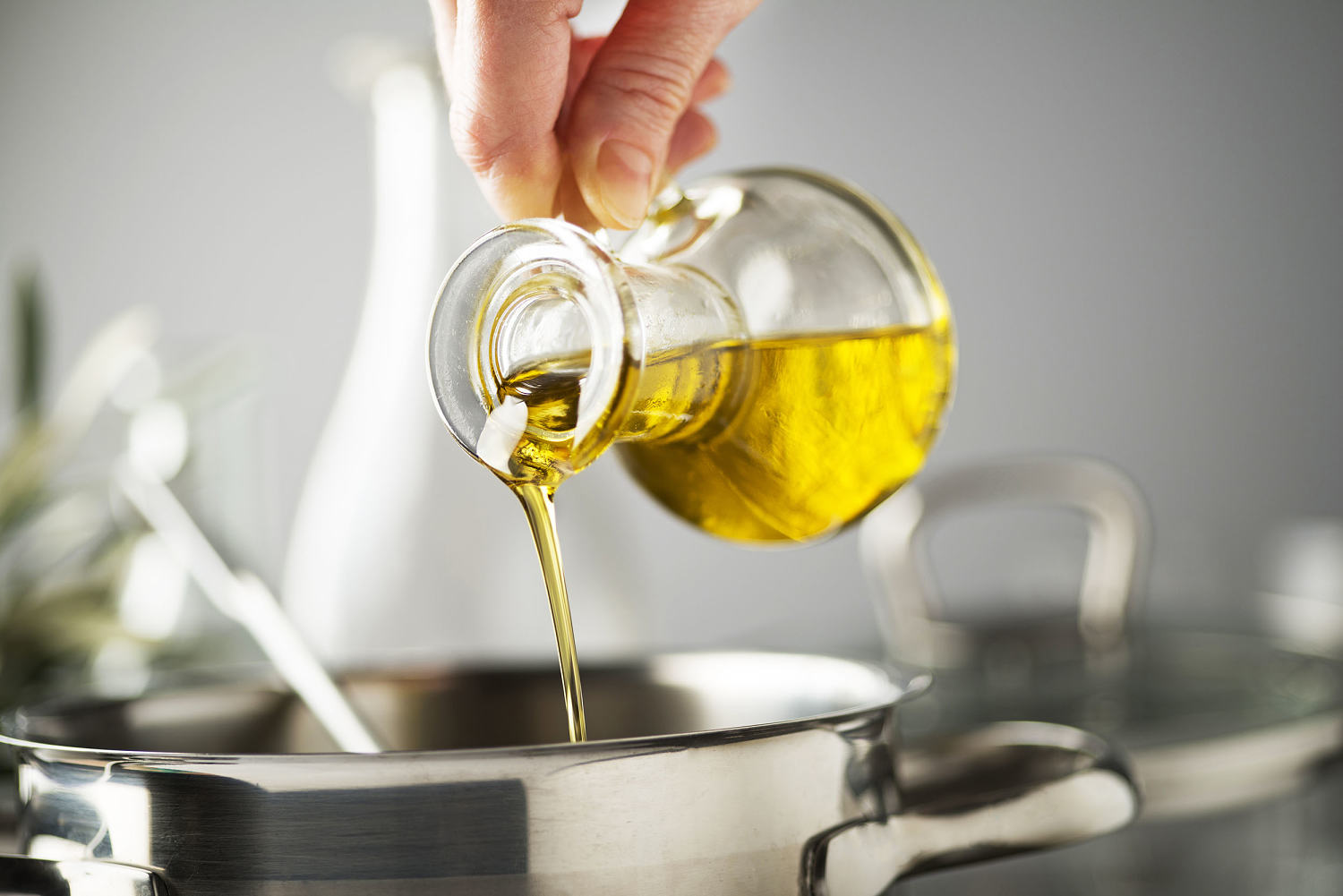Cooking oil is a staple in most kitchens, for chefs and home cooks alike. In addition to providing us with fats, an essential nutrient, oils can help prevent sticking, sear meat or vegetables to perfection, dress a salad and so much more. There are plenty of different types of cooking oil from various sources.
At the grocery store, you'll find a wide selection of oils from plants, seeds, nuts and fruits. It may leave you wondering: which type of cooking oil is the healthiest? Are the oils in bulk-size plastic gallon containers as good as the ones in fancy little glass bottles? Where cooking oil comes from and how it's processed can impact the nutrition content, flavor and the temperatures it can withstand. In short, not all oil is equal.

We spoke to dietitians about how to choose the right oil for your cooking needs, which oils are healthiest and which oils to limit or avoid. "Cooking oil can definitely be part of a healthy diet," says Natalie Rizzo, registered dietitian and nutrition editor for TODAY.com.
Oils are basically pure fat, but fats are an essential macronutrient that plays many roles in the body, from providing us with energy to supporting cell function, . Cooking oils provide the body with additional essential fatty acids and other nutrients that promote overall health — not to mention, they make cooking easier and food taste a lot better. The key is to consume more “good” or healthy fats (polyunsaturated and monounsaturated fats) and fewer “bad” or unh.























